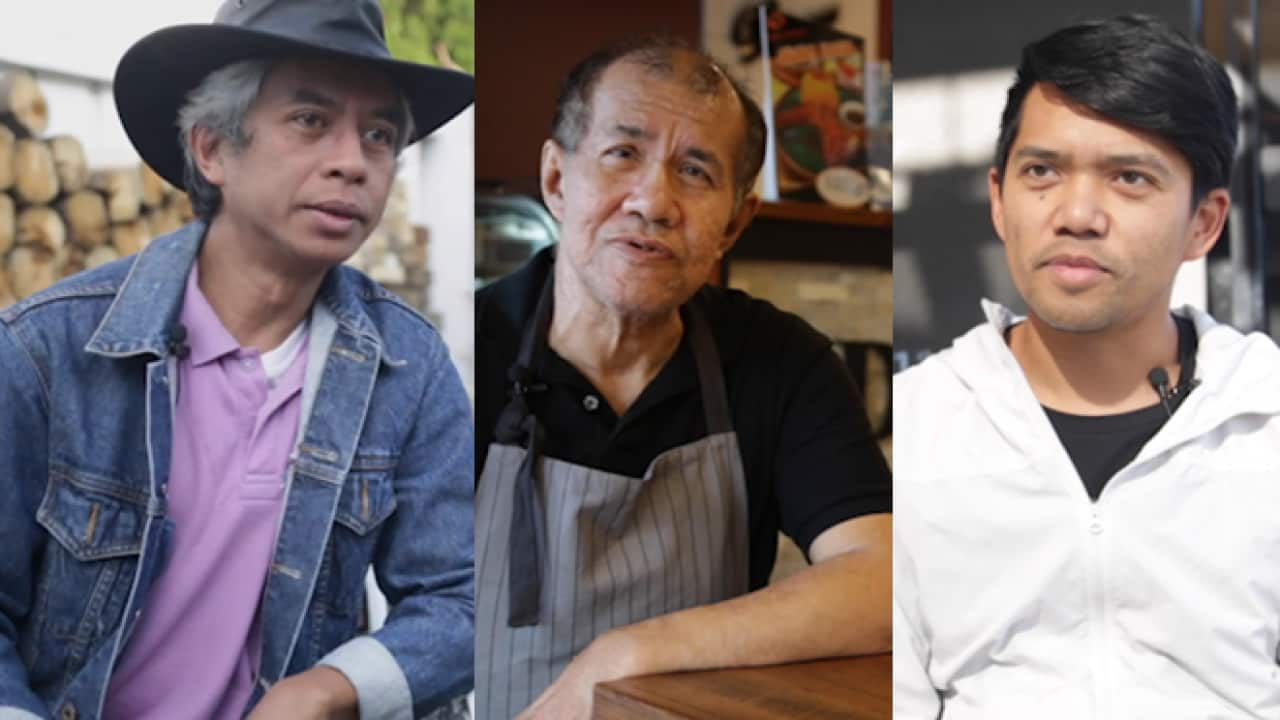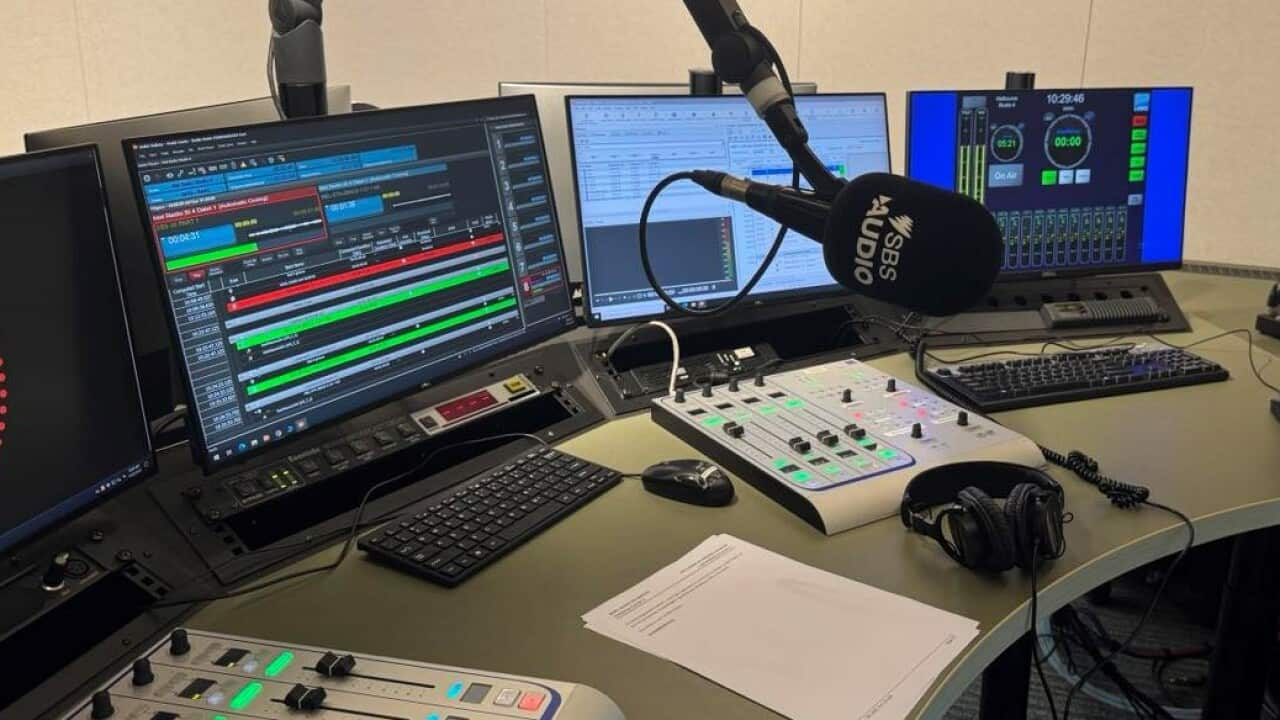Key Points
- Filipinos are among the top 4 migrants living in Blacktown NSW.
- 7.2 per cent or 3,686 people living in Blacktown came from a Filipino background.
- About 2,822 people living in Blacktown were born in the Philippines.
LISTEN TO THE PODCAST

Blacktown_top suburb for Filipinos in NSW.mp3
15:36
One of the most multicultural
The suburb of Blacktown is located 34 kilometres west of the Sydney central business district. It is considered one of the most multicultural areas in New South Wales.
According to the 2021 Australian Bureau of Statistics (ABS), almost 51,000 people live in Blacktown who come from 190 different cultural backgrounds.
ABS data shows that there are 131 different languages spoken in this part of Western Sydney.
“What I really love about the multicultural communities is that they bring so many stories to our country, they bring so much interest, they bring so much life and all coming from so many different backgrounds,” Governor Margaret Beazley is amazed at how diverse the culture is in Blacktown.

'If you live in Blacktown you can have a friend from every country in the world,' says Governor of NSW Margaret Beazley of the different communities living in Blacktown. Credit: SBS Filipino
Influx of Filipinos
Filipinos are among the top 4 migrants living in Blacktown NSW. The latest census shows that about 7.2 per cent or 3,686 people living in Blacktown have Filipino descent. From this number, 2,822 were born in the Philippines.
Historical counts show that in the 1950s after the relaxation of the White Australia Policy and the introduction of the Colombo Plan, many Filipinos arrived in Australia. Most of these initial arrivals were Filipino students, skilled tradespeople, and professionals.
In the 1970s, there was a significant surge in Filipino immigration to Australia.
'Finding our home'
Former IT professional Natty Millares arrived in Australia in the early 1980s, initially settling in Melbourne, Victoria.
Ms Millares moved to Blacktown NSW in 1988 where she and her husband bought their house.
"At that time many Filipinos came to Blacktown because they saw that it was more open and the house prices were less, in particular for most Filipino couples who were both working, they were able to buy their own house," Millares recalls.
Blacktown has been home to Ms Millares for the past 36 years. She has witnessed the changes in the area and how the population of Filipinos continue to grow.
"Here you can find all the Filipino products from food to the various items that come from the Philippines. There are also many Filipino organisations here."
"I'm so used to the place so there's no reason for me to leave anymore," answers the community volunteer when asked if she'll ever move out of Blacktown.

IT professional Natty Millares (left) moved to Blacktown in 1988 after six years of living in Melbourne; while Blacktown City Councillor Carol Israel has chosen Blacktown to be her home in Australia since arriving in 2001. Credit: SBS Filipino
“We knew the reputation of Blacktown - that there are [many] Filipinos, so of course when you leave and go abroad, you will still look for Filipinos. That's why we decided that it's best for us to live here," shares the Filipino community leader.
Ms Israel has been living in Blacktown for the past 23 years.
"Since arriving in Australia, Blacktown has been my home. I never left Blacktown. So from Day One, Blacktown has been my home, and I'm not going leave Blacktown."
Opportunities
Small business owner Dwaine Labor bought a property in Blacktown 14 years ago.
"We like the area and we can see that the next developments are coming to Blacktown."
Apart from the developments in the area, Mr Labor also "feels at home" in Blacktown.
"When you go to the shopping centre, you'll see kababayans everywhere. There are also many Filipino restaurants right next to the Blacktown train station," Dwaine explains.

Dwaine Labor, with his family, has been living in Blacktown for the past 14 years. Credit: SBS Filipino
"There are opportunities here [in Blacktown]. I came here for work, this business of mine and friends too."
The 'Pinoy Station' owner has seen massive changes in Blacktown.
"The population here continues to increase, and there are many businesses that have come and gone. A new university has just opened up here two years ago. So there are many improvements here."

From Adelaide South Australia, Jerome Pareño (left, with his eatery crew) moved to western Sydney in the early 2000s. Credit: SBS Filipino
Being aware of the big Filipino community in the area, he decided to venture into entrepreneurship, putting up 'Tatak Pinoy'.
"We sell both Filipino cultural products and groceries which we normally see in Philippine day-to-day life."

Young entrepreneur Joshua Fernandez took advantage of the continuing increase of Filipinos in Blacktown when he put up his small business in the area. Credit: SBS Filipino
"I do enjoy the culture, I've embraced it really well. I'm glad to see more Filipinos out and about, just lots of them everywhere. Literally, maybe every five or so people, there's one Filipino".
"It's kind of nice seeing that 'cause it kind of reminds you of home and it also enables the business itself to strive pretty well since we do have those kinds of customers," Joshua fondly divulges.
RELATED CONTENT

Blacktown, NSW












